Hi, we’re JP and Sam, we work as software engineers at the Centre for Effective Altruism (CEA). We’re answering questions about our work on some of the projects many EAs use every day (including this Forum, Giving What We Can, EA Funds, and a bunch of other behind the scenes stuff).
Also, CEA and GWWC are both hiring software engineers, so it’s a good opportunity to ask questions about what it’s like to work here before you apply!
We’ll be answering questions on Tuesday, March 16th.
CEA and GWWC are both hiring software engineers. We build and maintain the tech that any new engineers will be working with (including this Forum), and we know what it’s like to work here. AMA!
JP previously worked at an aerospace startup detecting methane emissions with spectrometers on airplanes. He’s interested in table tennis, plants and economics.
Sam started at GWWC back in 2015, then built EA Funds from the ground up over the course of a few months while CEA was in Y Combinator. He has a past life in party politics.
Ask us about:
- Working on a small team
- Non-profit vs startups
- Our tech stacks
- Anything!
NB: EA Funds is now largely an independent org, so Sam will generally be talking about what it was like working at CEA until very recently. However we still work closely together because we make a good team and are working on very related projects.
Bonus: Although Ben West is no longer primarily an engineer, he built a popular healthcare analytics platform and founded a successful startup. He’ll be managing the new CEA engineer. You can also ask him anything.

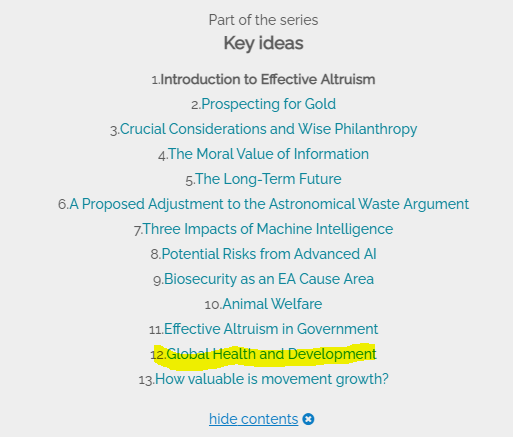
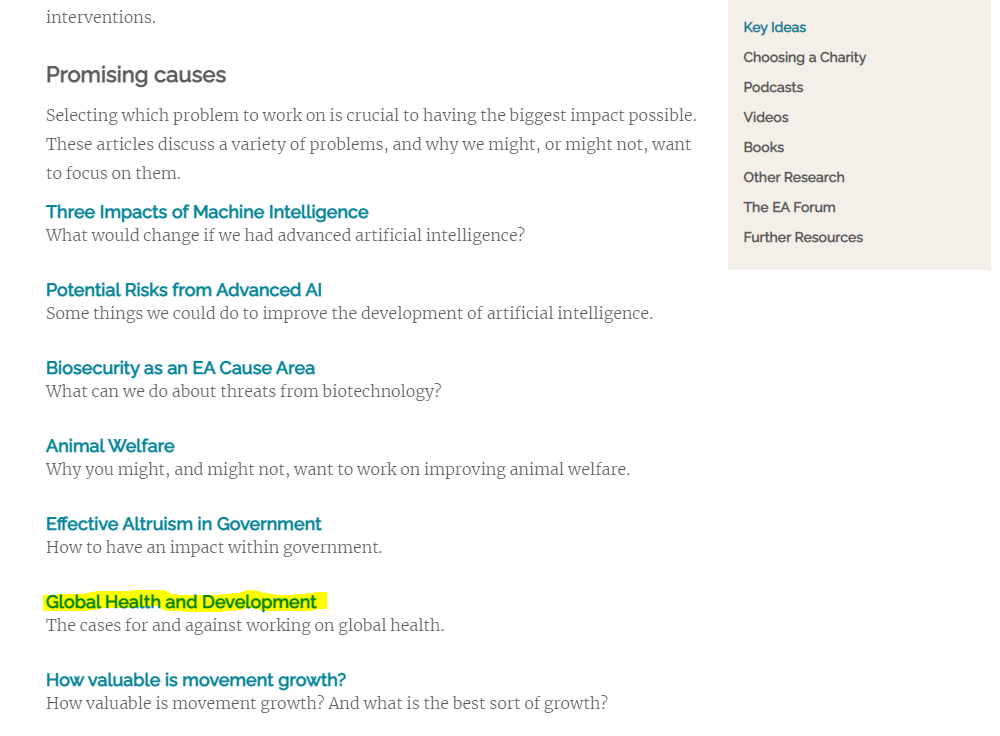
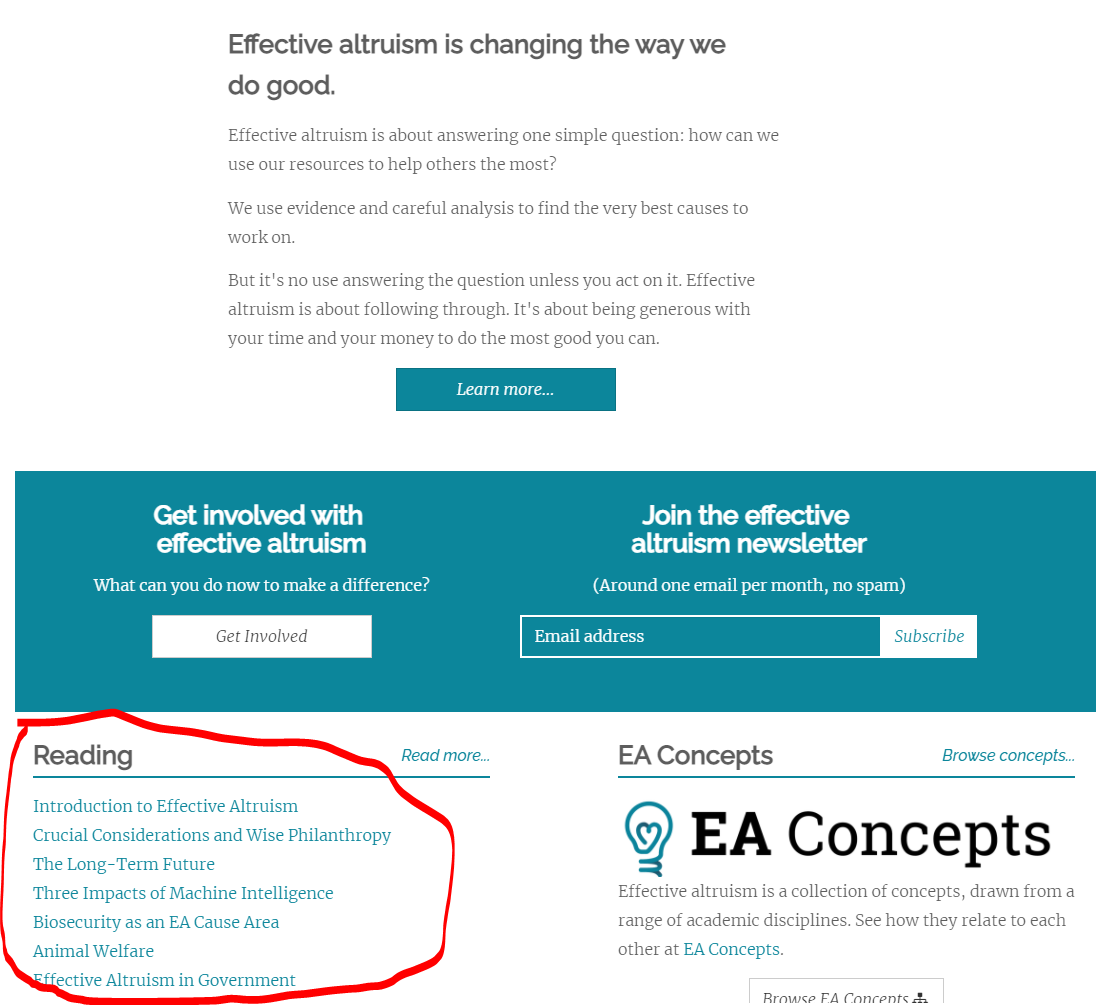
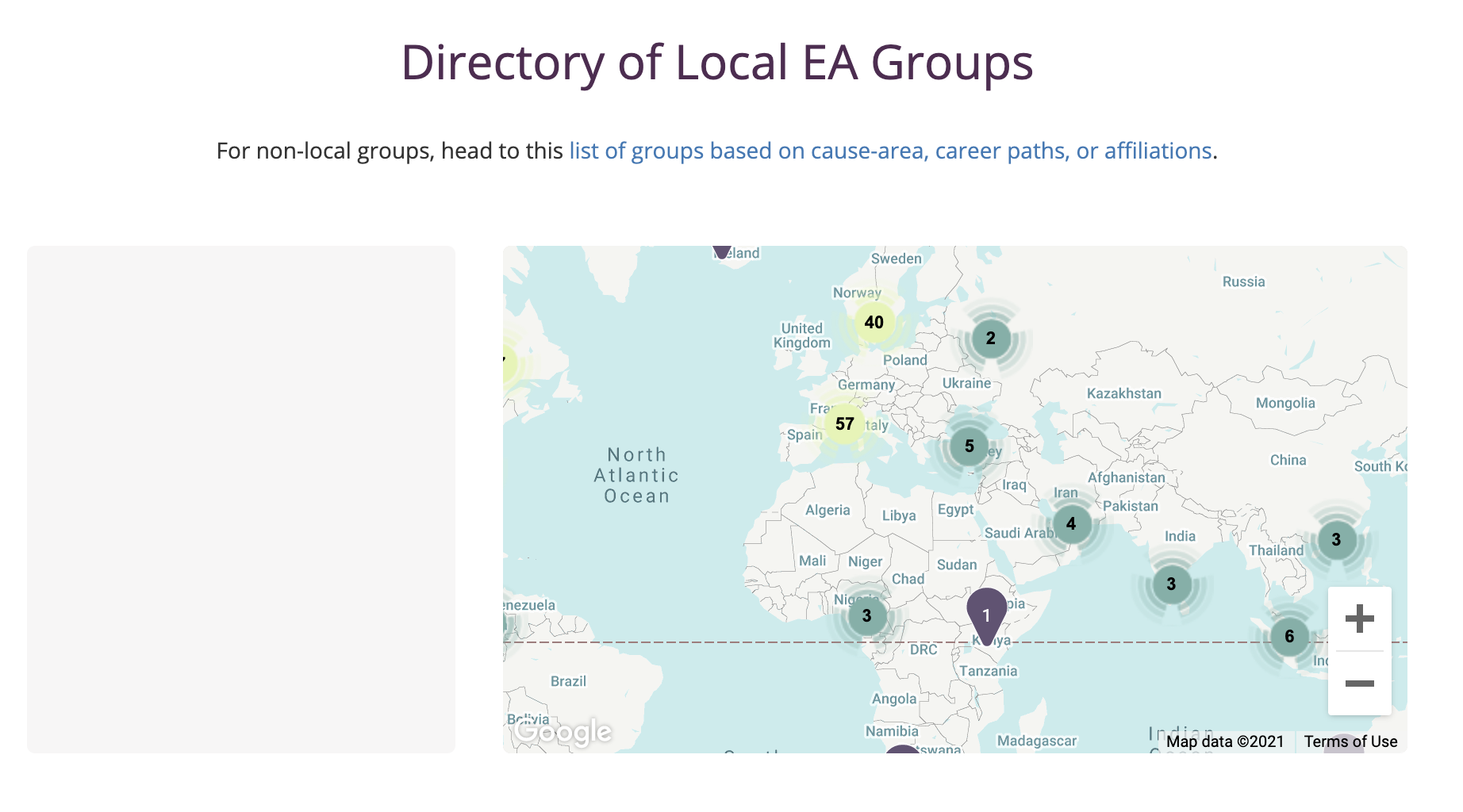
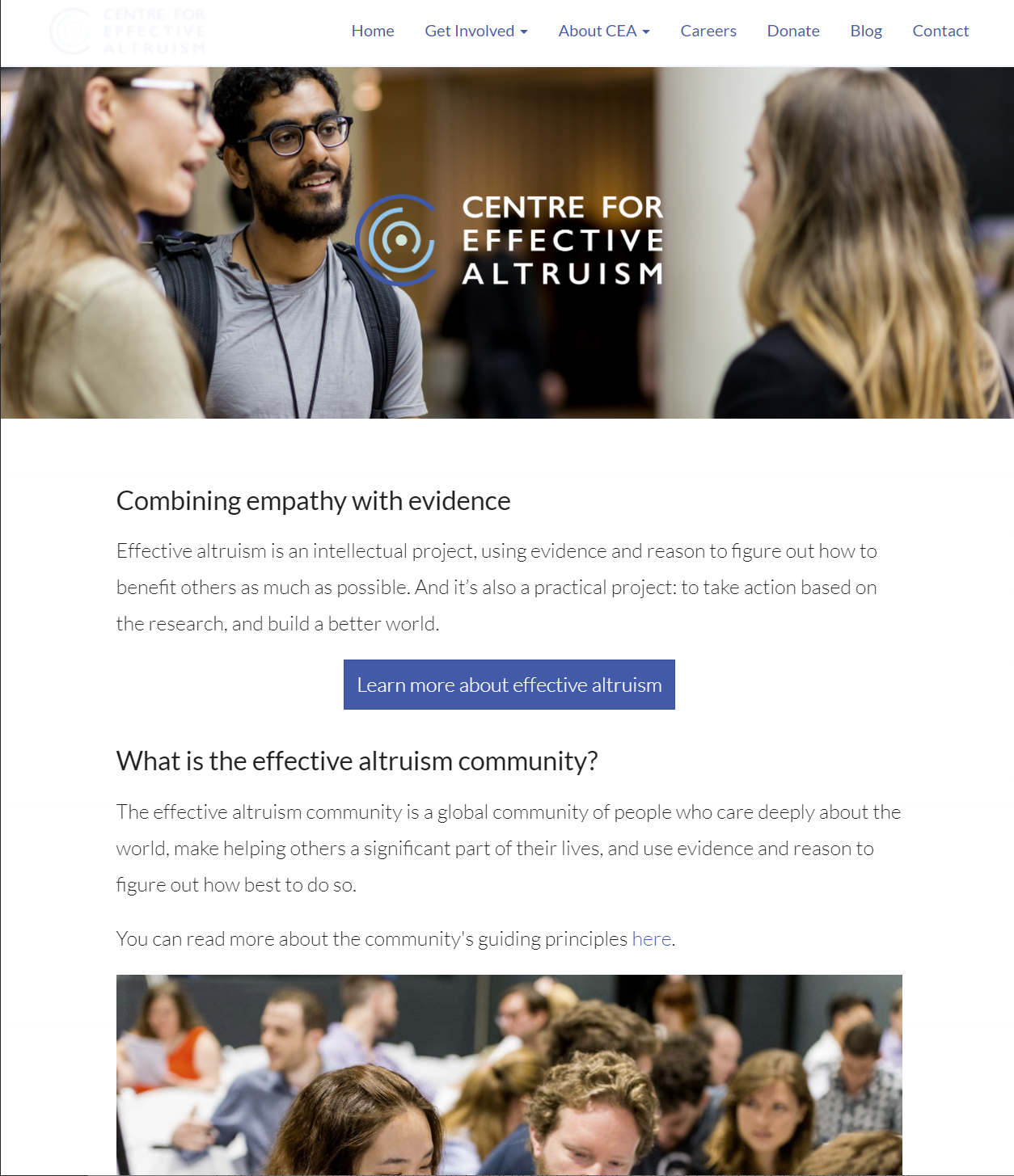

I’ll first caveat by saying that I haven’t worked at either a typical startup or big tech company.
I think that there’s probably not a huge difference between CEA and a very early stage startup. I think that the most relevant dimension is just scale – currently we’re two devs working on a bunch of different projects, which means a high degree of autonomy and ownership over the code in a way that I expect is similar to a lot of small startups. We’re obviously a more mature org though, so we do have a lot of processes in place (CI, a dedicated Operations team etc) that you wouldn’t find at a really new startup. So, in some sense it’s the freedom and ownership of an early stage startup combined with the security and flexibility of an established org. It also means that there’s a lot of time spent on interacting with users (as opposed to just being siloed in your text editor), which I really like, partly because this is a great community and it’s really nice to talk to EAs who use your software, and partly because it helps you to get better at thinking about product development and making things that serve the needs of your constituency really well.
Another thing that’s a bit strange about CEA as a non-profit, and as an EA org, is that the approach to scaling is a bit different. In a for-profit startup, your aim is to grow as fast as humanly possible (at least, when you hit product-market fit). We’ve deliberately avoided that strategy (at least for now), in large part because it doesn’t seem prudent to scale something like the EA community as fast as possible, because scaling fast trades off pretty hard against the fidelity of your message and the existing culture of the community. This could obviously change in future, but historically it’s been part of our approach. This in turn means that the challenges are a lot about understanding how to build solid products that work for EAs, rather than how to run huge k8s deployments etc.